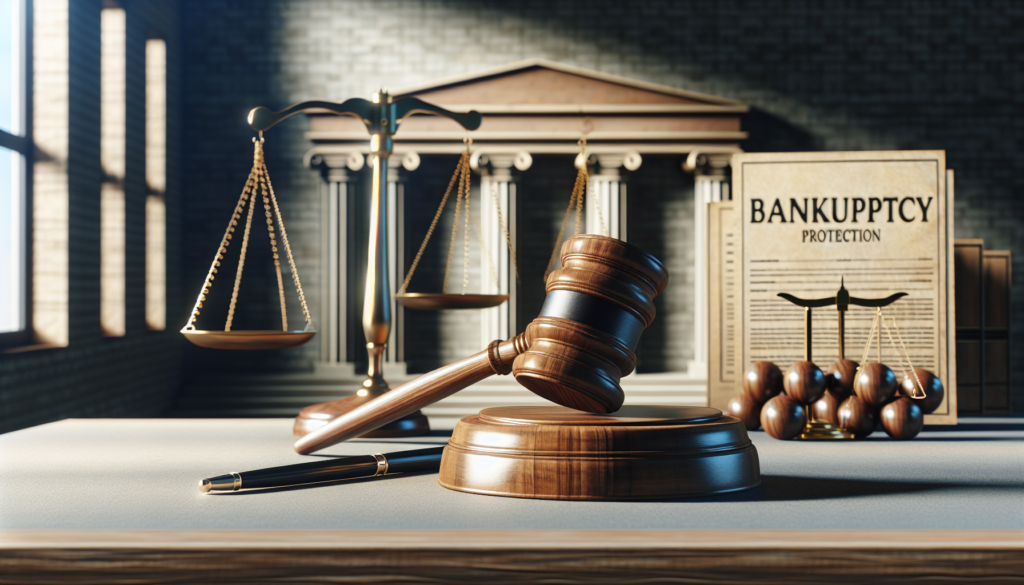
Job loss is a significant life event that can drastically impact one’s financial stability, often leading individuals to consider bankruptcy as a viable option to manage their financial distress. Here’s how job loss can lead to filing for bankruptcy:
Loss of Income:
- The most immediate impact of job loss is the loss of regular income. Without a steady paycheck, meeting financial obligations such as mortgage or rent payments, utility bills, credit card payments, and other debts can become challenging or impossible.
Depletion of Savings:
- Individuals may initially use their savings or emergency funds to cover living expenses and debt payments after losing a job. However, as these resources deplete over time without the prospect of new employment, the financial strain intensifies.
Increased Debt:
- To cope with the lack of income, people might rely more heavily on credit cards or take out loans to cover daily expenses, leading to increased debt. High-interest rates on credit cards can exacerbate the situation, causing the debt to grow rapidly.
Difficulty in Debt Restructuring:
- While some may attempt to restructure their debts or negotiate with creditors, the lack of steady income can make creditors less willing to modify loan terms. This can leave individuals with few options to manage their growing debts.
Foreclosure or Eviction Risk:
- Without a regular income, keeping up with mortgage or rent payments can become untenable, putting individuals at risk of foreclosure or eviction. Bankruptcy can offer a way to halt these processes temporarily, providing time to find solutions.
Utility Disconnections:
- The inability to pay utility bills can lead to the disconnection of essential services. Filing for bankruptcy can prevent utility shutoffs, offering some relief during a challenging time.
Psychological Stress:
- The financial stress from job loss and mounting debts can take a toll on mental health, leading individuals to seek relief through bankruptcy, which can provide a fresh start or a structured plan to manage debts.
Exploring Bankruptcy Options:
- Chapter 7 Bankruptcy: This option can discharge most unsecured debts, such as credit card debt and medical bills. However, eligibility is subject to a means test, and individuals must have little to no disposable income to qualify.
- Chapter 13 Bankruptcy: For those with a regular income source, such as unemployment benefits or part-time employment, Chapter 13 can provide a way to reorganize debts and create a manageable repayment plan.
Job loss can lead to a cascade of financial difficulties, making bankruptcy a consideration for many as they seek ways to manage their debts and protect essential assets. If facing financial hardship due to job loss, it’s crucial to explore all available options, including bankruptcy, and to consult with a bankruptcy attorney to understand the best path forward based on individual circumstances.


Get a Free Bankruptcy Case Evaluation